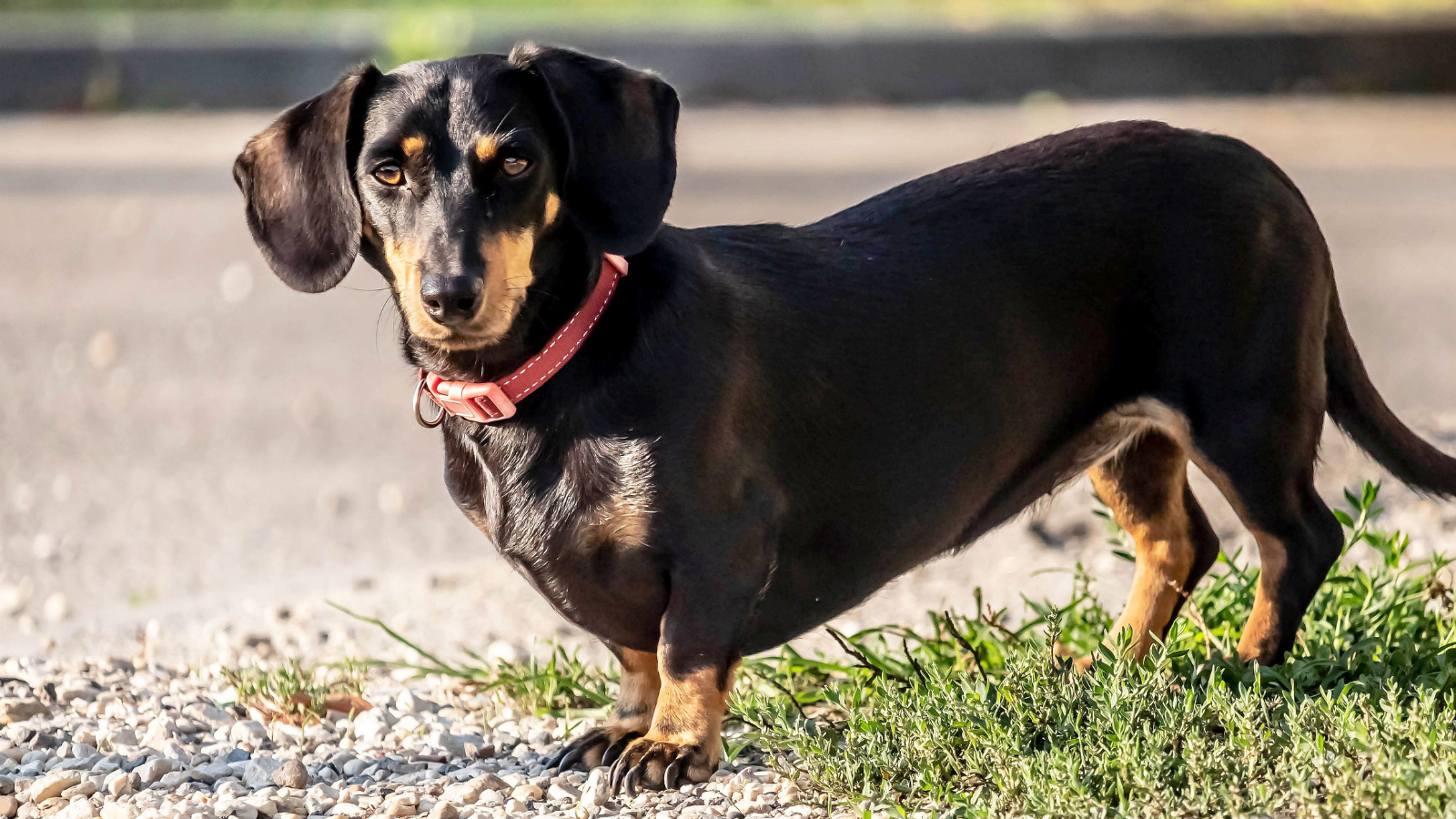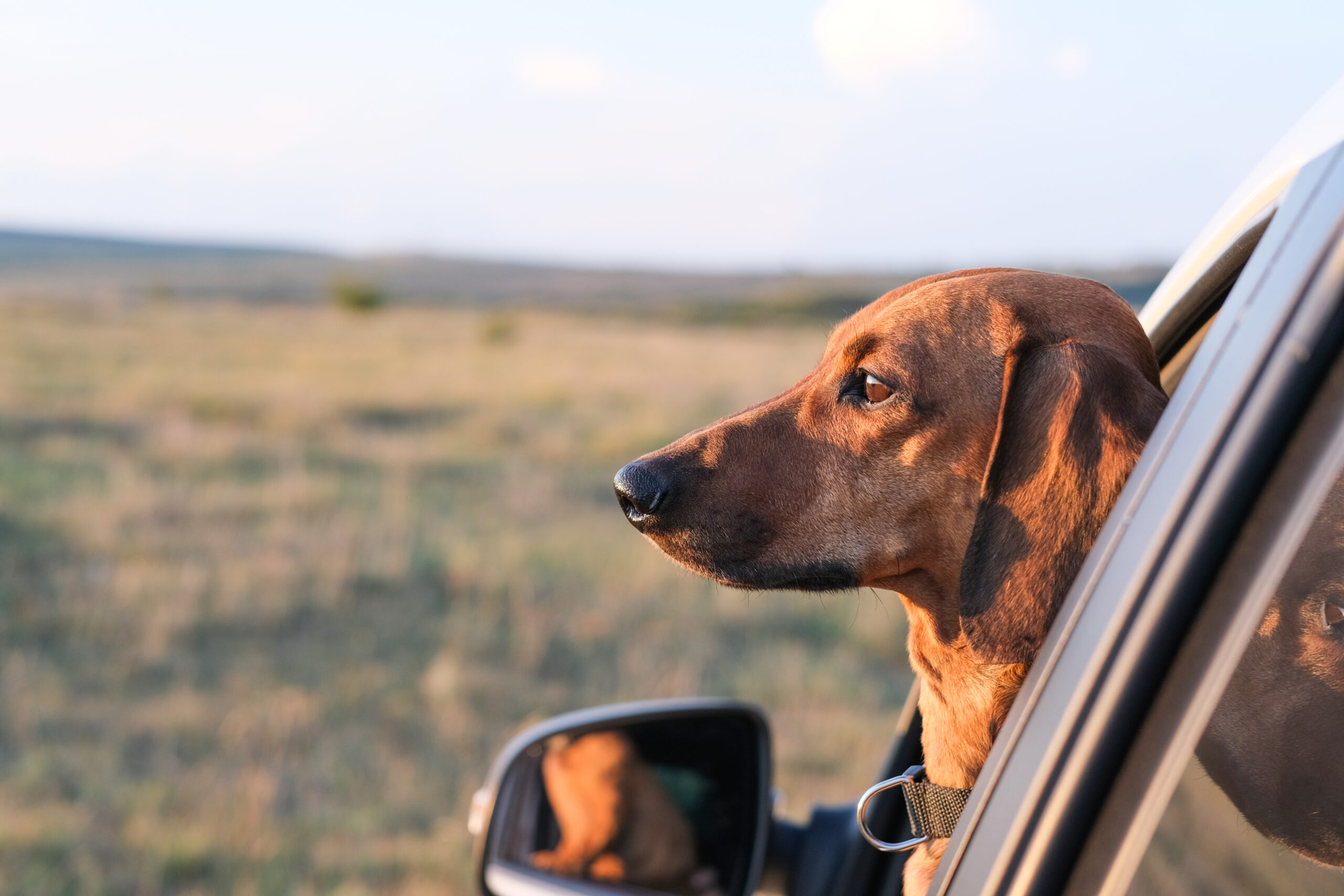While Jupiter, Florida, enjoys mild winters, traveling with your pets during the colder months can present unique challenges. If your holiday plans or road trips take you to colder climates, it’s essential to prepare your furry friends for the journey. At Jupiter Veterinary Hospital & Urgent Care, we’re here to help you ensure your pet’s comfort and safety, no matter where your travels take you.
Plan Ahead for Pet-Friendly Travel
Before you hit the road, take time to plan a trip that accommodates your pet’s needs. This includes:
- Researching pet-friendly hotels and rest stops along your route.
- Packing essentials such as food, water, medications, and their favorite blanket or toy.
- Scheduling a pre-travel check-up to ensure your pet is healthy and ready for the journey.
Make sure your pet’s identification tags and microchip information are up to date in case they get separated from you during your travels.
Provide Warmth and Comfort During Travel
Even pets used to Florida’s mild weather can be sensitive to cold temperatures. When traveling to colder areas, ensure your pet stays warm by:
- Using a cozy, insulated carrier for small pets.
- Providing a soft blanket or bed in the car for larger pets.
- Placing the carrier or bedding away from windows and doors to avoid drafts.
Keep the car at a comfortable temperature and avoid using direct heating vents aimed at your pet, which can cause discomfort or dehydration.
Never Leave Pets Alone in a Cold Car
Just as you wouldn’t leave your pet in a hot car during summer, it’s equally dangerous to leave them alone in a vehicle during winter. Temperatures inside a parked car can drop quickly, putting your pet at risk of hypothermia. Always plan stops where your pet can accompany you or arrange for someone to stay with them in the vehicle.
Protect Paws from Cold Surfaces
If your travel destination includes snow or ice, take extra precautions to protect your pet’s paws.
- Check their paws frequently for cuts, cracks, or ice buildup.
- Use a damp cloth to wipe off road salt or chemicals after outdoor walks.
- Consider using pet-safe booties to provide extra protection and traction.
Stay Hydrated and Well-Fed
Cold, dry air can lead to dehydration, so always ensure your pet has access to fresh water during the trip. Bring portable water bowls and encourage them to drink regularly. Stick to their normal feeding schedule to maintain consistency and prevent stress-related digestive issues.
Monitor for Signs of Cold Stress
While traveling to colder climates, keep an eye on your pet for signs of cold stress or discomfort, including:
- Shivering or trembling.
- Whining or appearing anxious.
- Curling up tightly to conserve body heat.
If you notice any of these symptoms, find a warm place to bring your pet indoors and allow them to gradually warm up.
Prepare for Emergencies
Unexpected situations can arise during travel, so it’s important to be prepared:
- Carry a pet-specific first aid kit.
- Know the contact information for veterinarians along your travel route.
- Identify the nearest emergency clinic at your destination in advance.
Having these resources on hand will give you peace of mind in case of an emergency.
Enjoy Safe Travels with Your Pet
Traveling with your pet during winter can be an enjoyable experience with the right preparation. By taking these precautions, you can ensure your furry friend stays safe and comfortable, no matter how far from home you venture.











